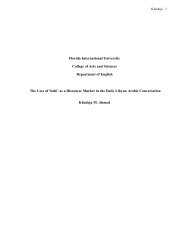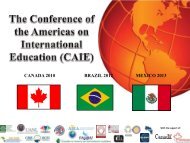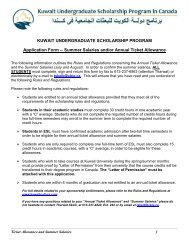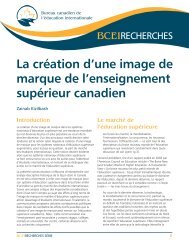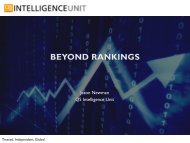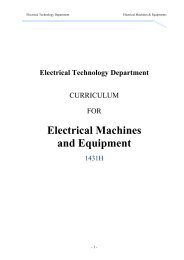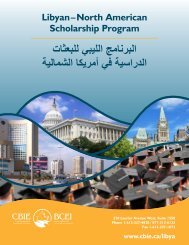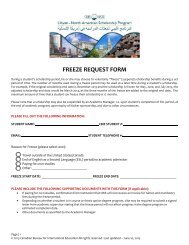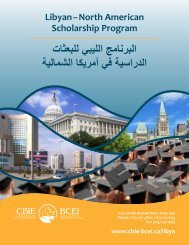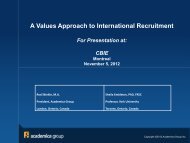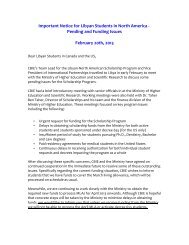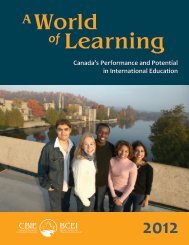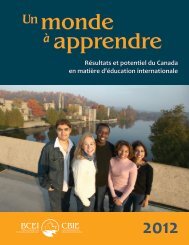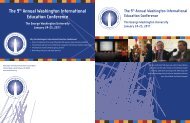Creating a New Historical Perspective: EU and the Wider World ...
Creating a New Historical Perspective: EU and the Wider World ...
Creating a New Historical Perspective: EU and the Wider World ...
Create successful ePaper yourself
Turn your PDF publications into a flip-book with our unique Google optimized e-Paper software.
Confronting students with <strong>the</strong> fact that current events <strong>and</strong> issues have historical<br />
roots, precedents <strong>and</strong>/or analogies; showing how historigraphical debate is<br />
formed <strong>and</strong> is related to current events <strong>and</strong> issues; sometimes course units are<br />
designed specifically to do this.<br />
Attending lectures or course, reading assigned bibliography, participating in discussion<br />
groups, using e-learning materials, writing papers or making presentations;<br />
in some cases by comparing specific historical events or processes to comparable<br />
present events or processes.<br />
This competence, or awareness, permeates <strong>the</strong> l/t activities <strong>and</strong> is not necessarily<br />
assessed separately; however when specific course units or activities address this<br />
issue it is explicitly taken into account.<br />
Competence 28<br />
Teaching Method<br />
Ability to give narrative form to research results according to<br />
<strong>the</strong> canons of <strong>the</strong> discipline<br />
Assigned papers, workshops, specific activities for guidance in<br />
writing <strong>and</strong> giving references, individual tutoring.<br />
Learning Activities Writing (drafting, correcting).<br />
Way of Assessment Papers prepared for courses are corrected <strong>and</strong> feedback given, final<br />
year dissertation or <strong>the</strong>sis is discussed <strong>and</strong> corrected before<br />
final presentation.<br />
Second Cycle<br />
Competence 9<br />
Teaching Method<br />
Learning Activities<br />
Way of Assessment<br />
Note<br />
Ability to communicate orally in foreign languages using <strong>the</strong><br />
terminology <strong>and</strong> techniques accepted in <strong>the</strong> historiographical<br />
profession<br />
Language courses <strong>and</strong> laboratories, history courses in foreign<br />
language, reading history texts in o<strong>the</strong>r languages, Erasmus mobility<br />
experience or similar (including virtual mobility).<br />
Grammatical <strong>and</strong> lexical study <strong>and</strong> practice, practice in speaking,<br />
oral presentation <strong>and</strong> discussion in <strong>the</strong> language, working with<br />
foreign students of <strong>the</strong> required language, video conferencing.<br />
Oral exams, assessment of presentations <strong>and</strong> participation in discussions.<br />
This competence has a different weight in different countries.<br />
41



